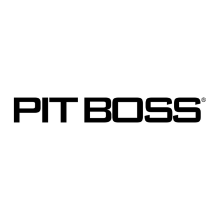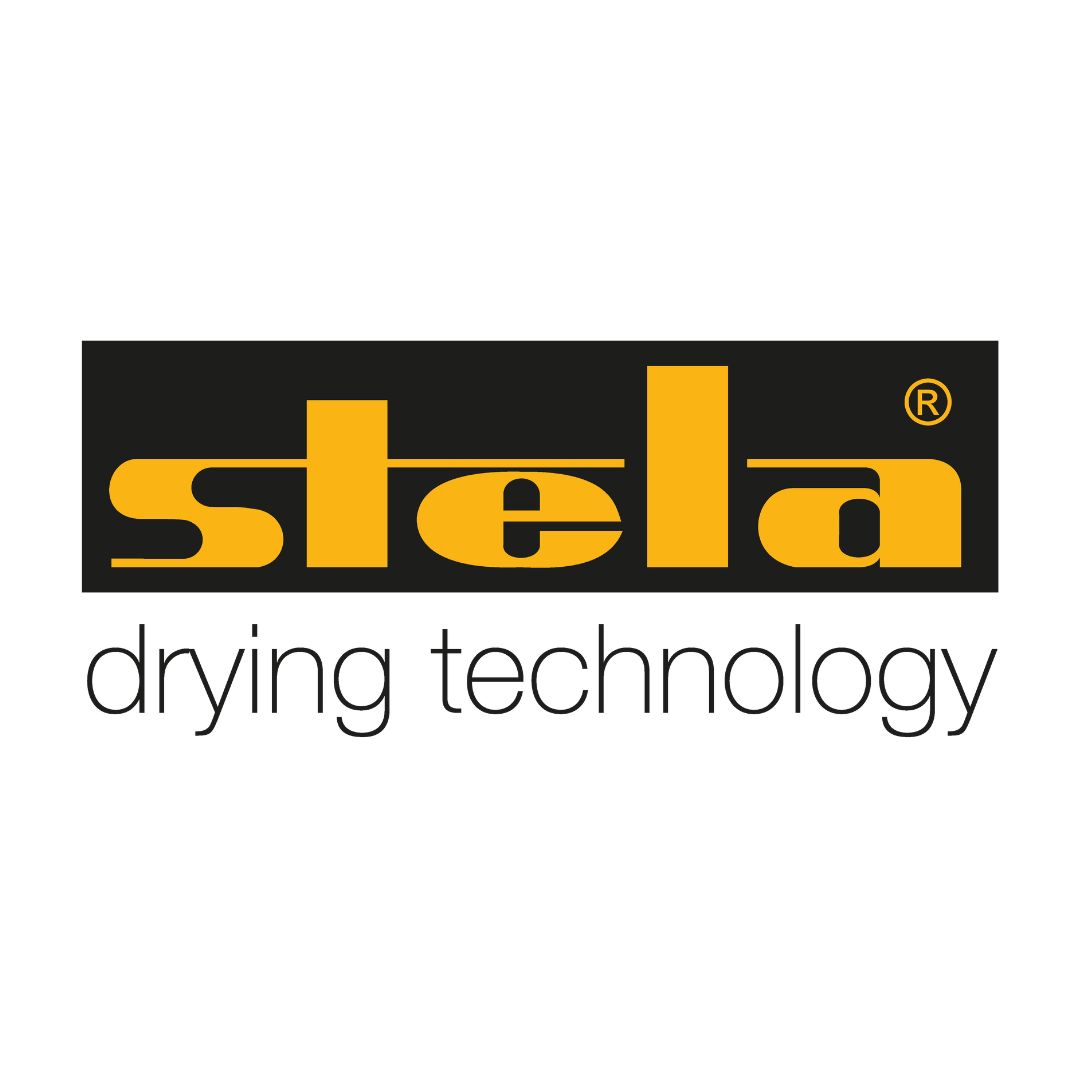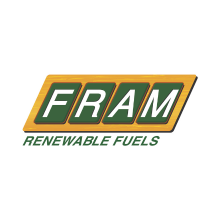Research PartnersRequest for ResearchSeeking research institutions willing to assist the Pellet Fuels Institute in answering key questions related to the development of the North American Pelletized Fuels Industry. GoalThis request is designed to solicit assistance from research institutions that are capable of and interested in performing industry research that will help facilitate the development of the North American Pelletized Fuels Industry. Who are We?The Pellet Fuels Institute (PFI) is a non-profit trade association that serves the North American pelletized fuels industry. PFI currently has approximately 250 members, the bulk of which are from the U.S., however there is a strong contingent from Canada as well as Europe. PFI’s membership is predominantly comprised of pellet fuel manufacturers, pellet burning appliance manufacturers, industry suppliers and retailers. The Role of Pellets as a Renewable Energy ResourceWhile the concept of pelletizing fuel is not new, numerous environmental, sociological and economic factors have changed in recent years, making pelletized fuel an extremely attractive option for helping reduce dependence on foreign fuels, creating jobs, and saving money on heating expenses. There are many reasons why the pellet fuels industry is currently growing much more rapidly than it has historically; however, in order to manage this growth, the industry needs to break down some of the barriers that could limit its growth so that solutions can be found to persisting problems. A large part of managing this growth has come from PFI’s new Standards and QA/QC Program. Standards BackgroundIn the mid-1990's, PFI developed an original set of pelletized fuel standards to help bring consistency to pelletized fuels. The original standards defined criteria for premium and standard grade pellets and were quickly adopted by industry, PFI members and nonmembers alike. Over time, however, it became apparent that the original standards lacked key components. The grades were too broad, test methods were not defined, there was no specified quality control or quality assurance practices, and there was no enforcement. To address these issues, the PFI Standards Committee began a standards review process in 2005 and over a period of four years rewrote the standards. The new standards were approved by membership vote in July of 2008. Implementation began in February 2009. The new standards are composed of two documents: The standards document defines criteria for four grades of pelletized product and identifies a standardized methodology for testing each parameter. The QA/QC Program document provides an industry-wide quality management system for demonstrating compliance with the standards. PFI’s QA/QC Program includes product grading based on a year’s worth of testing data, quarterly data evaluation to verify continued compliance, a proficiency testing program for third-party testing laboratories, and a registration page on the PFI website to list compliant pellet producers and test laboratories. Industry NeedsThe first year of PFI’s QA/QC Program is considered a year of data collection and program evaluation. As we progress through the first year it is likely that some of the grade standards will need to be refined while knowledge is gained regarding the individual parameters. In addition, since there are air emissions associated with the combustion of pelletized materials, there are concerns as to what should and should not be used in pellets. In order to properly refine the PFI Standards and QA/QC Program, these questions need to be answered through research. Research TopicsThere are several topics for which research would be very beneficial. Here are some examples: 1. Corrosive Agents: Pellet stoves are exposed to high temperatures as well as to numerous chemical constituents depending on what is in the fuel being burned. Some of these constituents can cause corrosion to the exposed stove parts and exhaust ducting. Some of the corrosive constituents that have been identified include Cl, S, P, Na, and K. What we don’t know is how much of each of these constituents would result in excessive corrosion in pellet stoves (e.g. chlorine has a limit of 300 ppm in the new standards, is this limit appropriate, should other constituents also have limits)? This is obviously a complex question because each constituent by itself will likely cause corrosion under certain conditions and/or concentrations, however pellet stoves themselves can vary in configuration, the type of metals used, operating temperatures, etc. Research studies could include reviewing existing industry research to evaluate what type of research has already been undertaken, evaluating constituents independently to observe the effects of concentrations on various base metals and operating temperatures, evaluating combinations of constituents to assess whether corrosive effects are additive or synergistic, among other such efforts. 2. Physical, Chemical, and Mechanical Properties: Pellet quality is an extremely important part of the pellet fuels industry. Pellet quality is affected by numerous properties (e.g. type of biomass being used, pellet dimensions, particle size distribution of the raw feedstock, moisture content, binders, die specifications). A lot of research has already been conducted on various physical and mechanical properties; however, this information is not necessarily available to the industry and/or in a location that is known to those who need to access it. In addition, there will always be the need for continued research as new feedstock materials are evaluated for potential utilization in the production of pelletized fuel. 3. Ash Fusibility: Commonly referred to as clinkering, ash fusibility is a very common problem in pellet burning appliances. While the concept of ash fusion is well understood, the specifics behind its application to pellet burning appliances are not. Specific questions to be researched include determining the temperature range of pellet burning appliances, which inorganic constituents are most likely to result in a problem with ash fusion, are certain tree species and/or other forms of biomass more likely to have ash fusion issues, among others. Ash fusibility is a major issue that needs some definitive answers. 4. Air Emissions: While this should not seem like a new topic, there is a lot of work that needs to be done in regard to the air emissions associated with the combustion of pelletized fuels. Historically, pellets have been made out of forestry residues, but are now being made out of numerous feedstocks, including agricultural residues, nuts, and shells, a process derived waste products, and refuse derived wastes. In addition, many producers use various additives, ranging from vegetable oils to plastics, as well as proprietary materials for which no information is available. It is not well understood what the implications are from an air emissions standpoint as to how emissions change with changes in feedstock and/or additive materials. In addition, from an air toxics standpoint are there feedstock materials and/or additives that should not be used? There is certainly a lot of available research on air toxics, but very little linking it to pellet burning applications. 5. Safety: Safety issues that need to be reviewed include: the characterization of wood dust as human carcinogens, the explosiveness of wood and other biomass dust, the availability of Material Safety Data Sheets for pelletized products. We Need You!Considering the number of potential research topics based on the information listed above, it is PFI’s intent to work with research organizations that are interested in taking on any of these research topics. As a non-profit trade association, PFI does not have assigned funding for industry research. It is likely that research funding will need to come from grants and/or institutions that already have funding and are looking for research projects pertinent to the industries they support. VIII. More Information or Questions?Coordination of these efforts will be under the umbrella of the Pellet Fuels Institute through its Standards Committee. Questions can be directed to PFI staff at [email protected]. Thank you for your interest in renewable energies and the pellet fuels industry. These research topics will likely be of interest to all technologies relating to the utilization of biomass for energy. |

















